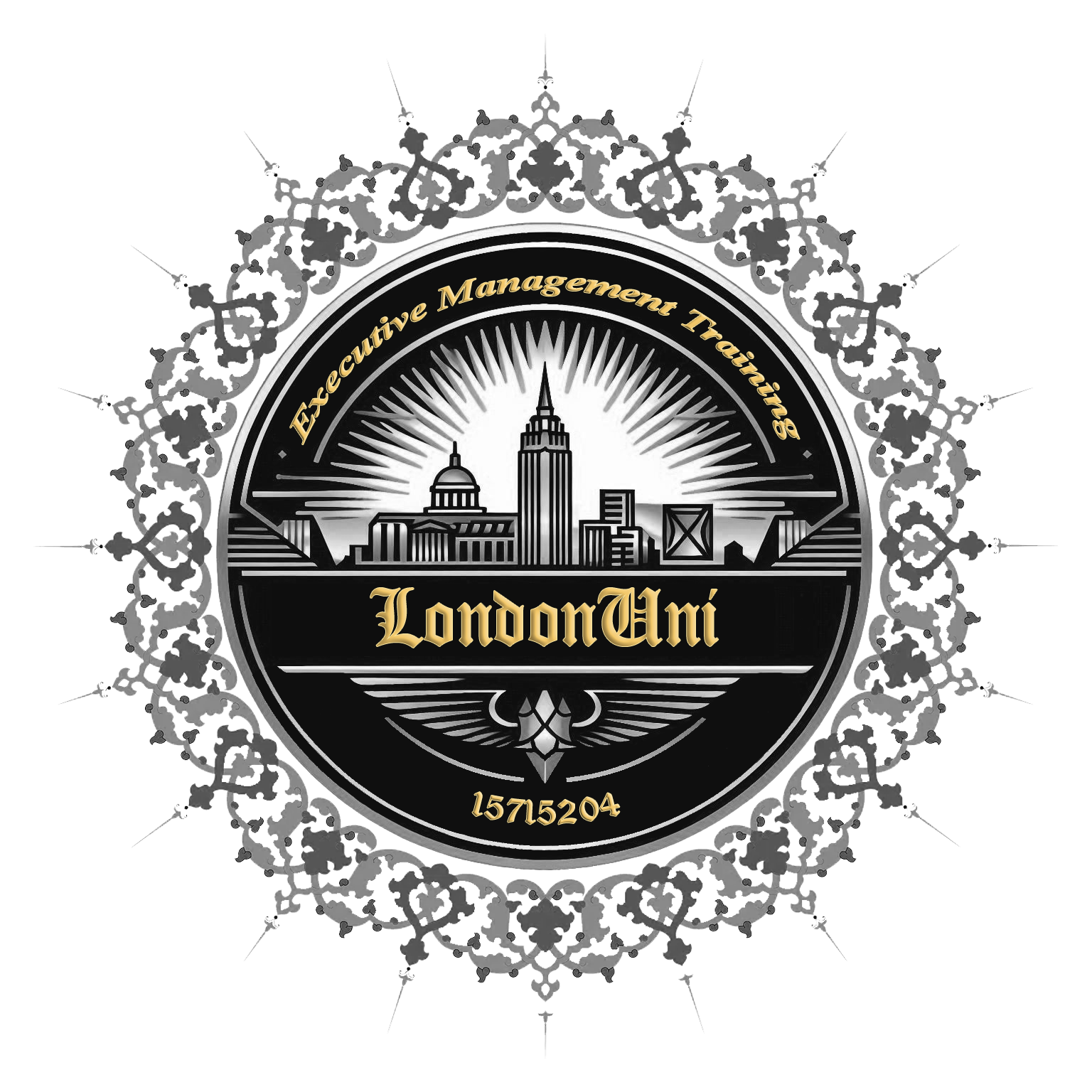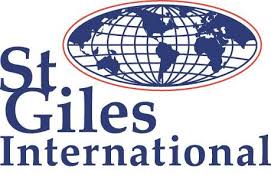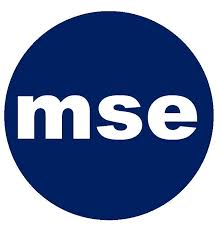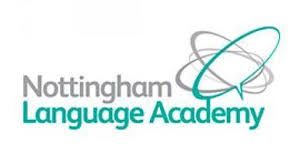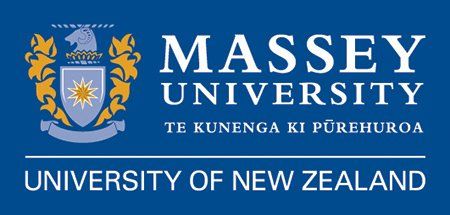
Project Completion and Dispute Avoidance (ECCM Workshops 3, 4) – Certified Program
Course ID: 2511177101394EGI
Course Dates : 17/11/25 Course Duration : 10 Studying Day/s Course Location: Dubai, UAE
Language: Bilingual
Course Category: Professional and CPD Training Programs
Course Subcategories: Project Management and Quality Assurance
Course Certified By: * Projacs Academy
* Professional Training and CPD Programs
Certification Will Be Issued From :
KSA
Course Fees: £5,742.05
Vat Not Included in the price. VAT may vary depending on the country where the course or workshop is held.
Click to Pay
Date has passed please contact us Sales@e-s-hub.com
Course Information
Introduction
The successful completion of projects is a cornerstone of organizational success, yet it remains a persistent challenge for many industries. Across sectors such as construction, engineering, IT, and consulting, delays, cost overruns, and disputes often undermine project outcomes. According to the Standish Group’s Chaos Report, only about 29% of projects are completed on time and within budget, highlighting the need for structured methodologies to manage project closure and mitigate disputes. This course addresses these systemic issues by equipping participants with advanced tools and strategies to ensure seamless project completion while minimizing conflict.
Disputes in project management frequently arise from poor communication, ambiguous contracts, or misaligned expectations. These challenges not only strain professional relationships but also lead to financial losses and reputational damage. For instance, a recent case study involving a large-scale infrastructure project revealed that inadequate documentation during handover phases resulted in prolonged arbitration proceedings, costing millions in legal fees. By introducing participants to robust frameworks such as the Early Contractor Involvement (ECI) model and dispute resolution mechanisms like Alternative Dispute Resolution (ADR), this program bridges critical gaps in knowledge and practice.
Mastering the principles of project completion and dispute avoidance offers substantial benefits for both individuals and organizations. Professionals who develop expertise in these areas position themselves as indispensable assets, capable of driving efficiency and fostering collaboration. Organizations, on the other hand, gain a competitive edge by reducing risks, enhancing client satisfaction, and ensuring compliance with industry standards. The integration of modern techniques such as Building Information Modeling (BIM) for documentation and Earned Value Management (EVM) for performance tracking further amplifies the practical value of this training.
The course draws upon established theories and industry trends to provide a comprehensive learning experience. Concepts such as the Iron Triangle of Project Management—balancing scope, time, and cost—are revisited through the lens of contemporary challenges. Additionally, insights from behavioral economics, particularly regarding negotiation dynamics, enrich participants’ understanding of human factors in project execution. These theoretical foundations are complemented by real-world examples, such as the Sydney Opera House’s infamous budget overruns, which serve as cautionary tales about the consequences of inadequate planning.
A notable anecdote illustrating the importance of this course involves a multinational engineering firm that implemented proactive dispute avoidance measures after attending similar workshops. By adopting structured close-out procedures and leveraging technology for transparent reporting, the firm reduced its litigation costs by 40% within two years. Such stories underscore the transformative potential of mastering the course content, making it an essential investment for professionals seeking to elevate their careers and contribute meaningfully to their organizations.
Ultimately, this program is designed to empower participants with actionable skills and strategic insights. By fostering a culture of accountability, precision, and collaboration, it enables professionals to navigate complex project environments with confidence. Whether you are overseeing multi-million-dollar ventures or leading smaller initiatives, the ability to complete projects effectively while averting disputes is a hallmark of excellence in project management.
Objectives
By attending this course, participants will be able to:
Analyze common causes of project delays and disputes using root cause analysis frameworks.
Design comprehensive project close-out plans incorporating best practices for documentation and stakeholder engagement.
Evaluate the effectiveness of various dispute resolution methods, including mediation, arbitration, and litigation.
Implement risk mitigation strategies tailored to specific project types and industries.
Apply advanced tools such as Earned Value Management (EVM) and Building Information Modeling (BIM) to enhance project monitoring and reporting.
Develop negotiation skills to address conflicts constructively and maintain positive working relationships.
Synthesize regulatory requirements and compliance standards into actionable project workflows.
Who Should Attend?
This course is ideal for:
Project managers, team leaders, and supervisors responsible for overseeing project delivery and closure.
Contract administrators, procurement specialists, and legal advisors involved in managing contractual obligations.
Consultants and engineers seeking to improve their technical and interpersonal competencies in project management.
Executives and decision-makers aiming to align organizational processes with global best practices.
These groups will find the course valuable due to its focus on practical solutions for real-world challenges, enabling them to enhance operational efficiency and reduce risks. While prior exposure to project management concepts is beneficial, the course is suitable for intermediate learners looking to deepen their expertise and refine their skill sets.
Training Method
• Pre-assessment
• Live group instruction
• Use of real-world examples, case studies and exercises
• Interactive participation and discussion
• Power point presentation, LCD and flip chart
• Group activities and tests
• Each participant receives a 7” Tablet containing a copy of the presentation, slides and handouts
• Post-assessment
Program Support
This program is supported by:
* Interactive discussions
* Role-play
* Case studies and highlight the techniques available to the participants.
Daily Agenda
The course agenda will be as follows:
• Technical Session 08.30-10.00 am
• Coffee Break 10.00-10.15 am
• Technical Session 10.15-12.15 noon
• Coffee Break 12.15-12.45 pm
• Technical Session 12.45-02.30 pm
• Course Ends 02.30 pm
Course Outlines
Foundations of Project Completion
Understanding the lifecycle of project close-out.
Key deliverables and milestones in project completion.
Roles and responsibilities of stakeholders during close-out phases.
Overview of regulatory requirements and compliance standards.
Day 2:
Documentation Best Practices
Importance of accurate record-keeping in project management.
Techniques for creating comprehensive final reports.
Leveraging digital tools for efficient documentation.
Case study: Lessons learned from poorly documented projects.
Day 3:
Risk Identification and Mitigation
Identifying potential risks during project closure.
Developing risk registers and contingency plans.
Strategies for proactive risk management.
Real-world example: Successful risk mitigation in infrastructure projects.
Day 4:
Dispute Prevention Frameworks
Common triggers of disputes in project environments.
Introduction to Alternative Dispute Resolution (ADR).
Designing dispute prevention protocols.
Role-playing exercise: Resolving hypothetical conflicts.
Day 5:
Negotiation Skills Development
Principles of effective negotiation.
Building rapport and trust with stakeholders.
Handling difficult conversations and objections.
Simulation activity: Practicing negotiation scenarios.
Week 2
Day 6:
Tools for Performance Monitoring
Introduction to Earned Value Management (EVM).
Using EVM metrics to track project progress.
Integrating EVM data into decision-making processes.
Workshop: Analyzing sample EVM reports.
Day 7:
Technology Integration
Benefits of Building Information Modeling (BIM) in project management.
Implementing BIM for enhanced visualization and collaboration.
Addressing cybersecurity concerns in tech-enabled workflows.
Industry trends: The future of smart project management.
Day 8:
Legal and Ethical Considerations
Understanding contractual obligations and liabilities.
Navigating ethical dilemmas in project execution.
Ensuring transparency and fairness in all dealings.
Panel discussion: Insights from legal experts.
Day 9:
Stakeholder Engagement Strategies
Mapping stakeholder interests and influence levels.
Communicating effectively with diverse audiences.
Managing expectations and resolving conflicts.
Interactive session: Crafting stakeholder engagement plans.
Day 10:
Final Assessment and Certification
Recap of key takeaways from the course.
Practical application exercises based on participant roles.
Knowledge assessment test covering core topics.
Awarding certificates to successful participants.






